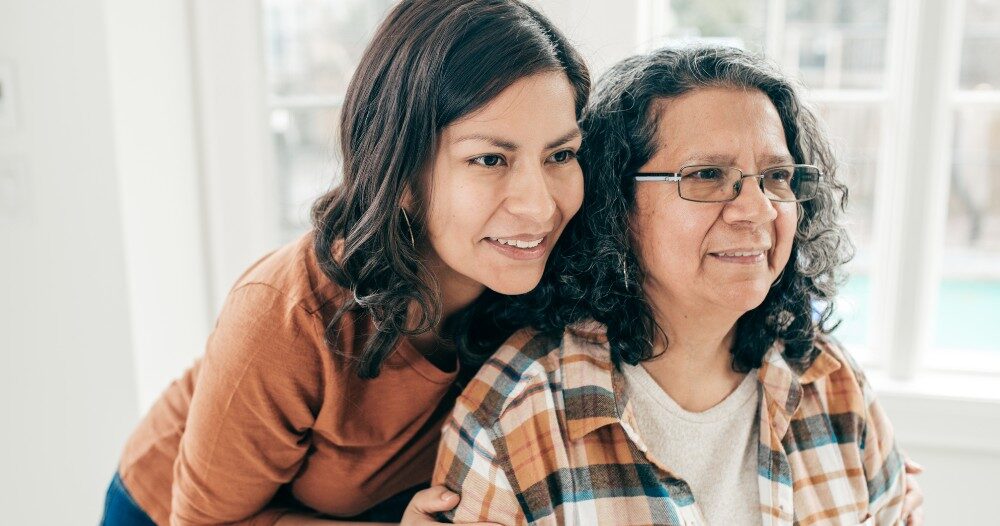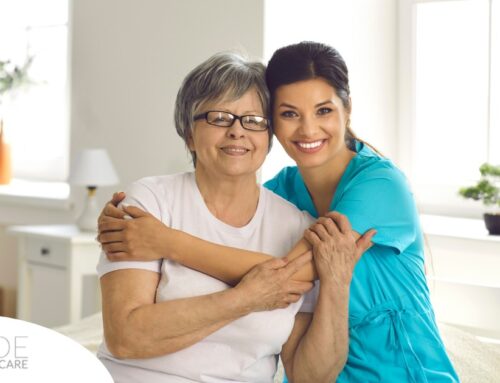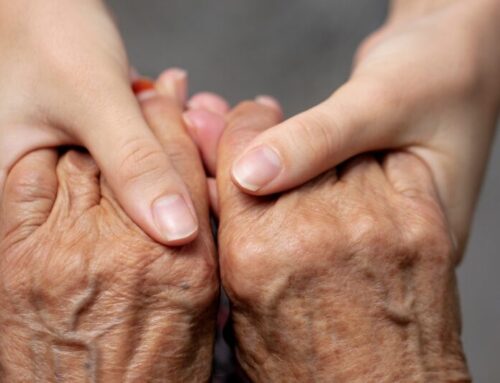Bringing an aging loved one in Cape Coral home from the hospital or rehabilitation facility can be a real game-changer for the entire family. Unlike a senior care facility, the average home is ill-equipped to support a safe and comfortable recovery care process. As a family caregiver, modifying the home environment is an essential first step for ensuring your loved one’s speedy and full recovery. Read on to explore home preparation tips and additional senior care considerations when preparing for an aging loved one’s post-rehab or hospitalization care.
Seniors in Cape Coral Face These Recovery Care Challenges
Bringing a loved one home from the hospital or rehab facility can be a difficult transition, especially when it comes to ensuring their comfort and safety. Seniors recovering from an illness, injury, or surgery require special attention and care during this critical time. After being in an institutional setting surrounded by trained professionals, seniors may face various challenges as they transition back to a home environment.
One common challenge is the loss of independence and mobility that may occur due to diminished strength and function. Patients may also experience feelings of anxiety, confusion, or depression as they adjust to being in someone else’s home.
Additionally, the risk of injurious falls and other accidents is heightened during this vulnerable period, especially if the home is not properly prepared for an elder’s care needs. Family caregivers are often required to play a vital role in providing support and assistance during this critical phase of the senior’s recovery journey.
Preparing Your Home for the Post-Rehab Senior Care Experience
Thankfully, it is possible for you as a family caregiver to create a supportive environment that promotes healing and reduces the risk of accidents or setbacks. Here’s how to keep your aging loved one safe and comfortable upon their return home:
Prepare the Home Environment
Before discharge, be sure the house is clean, organized, and free of hazards that might cause accidents. Remove clutter, secure loose rugs, and eliminate furniture items or electrical cords that could threaten your loved one’s accessibility and safety, notably if they will be using a mobility aid.
Assistive Devices
Depending on your loved one’s mobility needs, you may need to provide them with assistive devices such as a cane, wheelchair, or walker. Be sure these items are easily accessible within the home and set up correctly before their arrival.
Improve the Lighting
Be sure all hallways, stairways, and pathways are well-illuminated, especially those leading from your senior’s bedroom to other commonly used areas. Place nightlights in strategic locations and consider applying reflective tape to the top and bottom steps of your staircase, if applicable.
Bathroom Modifications
With their slippery surfaces, sharp corners, and tight spaces, bathrooms can be dangerous places for seniors, especially those with limited mobility. Create a senior-friendly space by installing grab bars near the toilet and tub. Equip the bathing area with a handheld shower wand and shower chair and place non-skid strips inside the tub. If necessary, replace the toilet seat with a raised version.
Bedroom Modifications
Ensure your loved one’s mattress is comfortable and that they will be able to safely transfer on and off the bed. If the room gets a lot of sunlight, install blackout blinds to promote a more restful sleep. Place a nightlight in the room in case your loved one gets up in the middle of the night.
Additional Senior Care Considerations to Include in Your Recovery Care Strategy
Once you’ve got your home prepared, you’ll need to consider these additional aspects of your loved one’s recovery care:
Medication Management
Help your loved one create a medication schedule and system to ensure they take their prescribed medications correctly. Consider using a pill organizer or medication reminder app to prevent missed doses or double dosing.
Dietary Assistance
Because proper nutrition is vital for healing and helping the body recover, prepare easy-to-digest and nutritious meals for your loved one. Help them stay hydrated by keeping a water bottle within reach and offering fluids regularly.
Physical Activity and Rehabilitation
Encourage your senior to engage in light physical activities or exercises their healthcare provider recommends. Assist them in following their rehabilitation plan to improve strength, flexibility, and mobility. Monitor their progress and provide positive reinforcement..
Emotional Support
Recovery can be a challenging and emotional process. Offer your loved one emotional support, reassurance, and companionship to minimize anxiety and stress. Listen attentively to their concerns and encourage them throughout their recovery journey.
Effective Communication
If you are unable to be home, stay in regular contact with your loved one to monitor their progress, address any concerns, and provide assistance, as needed. Schedule follow-up appointments with healthcare providers and promptly communicate any changes in their condition.
Seek Professional Assistance
Although it’s a labor of love, helping a senior navigate a lengthy recovery journey can be physically and emotionally demanding. If you’re not careful, the added responsibility can lead to caregiver burnout, placing both parties at risk. Another factor to consider if you are not a trained healthcare professional is whether you can provide the quality care your loved one needs.
A reliable way to address both concerns and restore peace of mind is to hire a professional caregiver from a reputable home care provider. Once you do, they can step in and provide your loved one with the top-quality recovery care they deserve, significantly reducing the likelihood of any accidents, setbacks, or complications that might impede the healing process.
Your Reliable In-Home Senior Care Partner in Cape Coral
Providing an aging loved one with the recovery care they need post-rehab or hospitalization can be overwhelming. When you need assistance, contact Seaside Home Health Care. As a fully licensed and insured home care provider, our highly trained professionals can provide the dignified recovery care your loved one deserves.
While serving as an extended family in the home, our compassionate caregivers can perform various duties, including Alzheimer’s and Dementia Care, Arthritis Care, Companionship Care, Diabetes Care, Elder Care, Home Helper Services, Hospice Care, Meals and Nutrition, Personal Care, Respite Care, 24-Hour Home Care, and Transportation.
While assisting clients in Cape Coral, Alva, Boca Grande, Bokeelia, Burnt Store Marina, Matlacha, and North Captiva Island, our agency’s focus is maintaining their quality of life, along with their dignity, self-esteem, and independence. For your added convenience, all our home care services can be individually personalized into an affordable package when and where you need them! Please visit Seaside Home Health Care now to learn more about our Recovery Care services or schedule a FREE consultation for a loved one in our service area.





